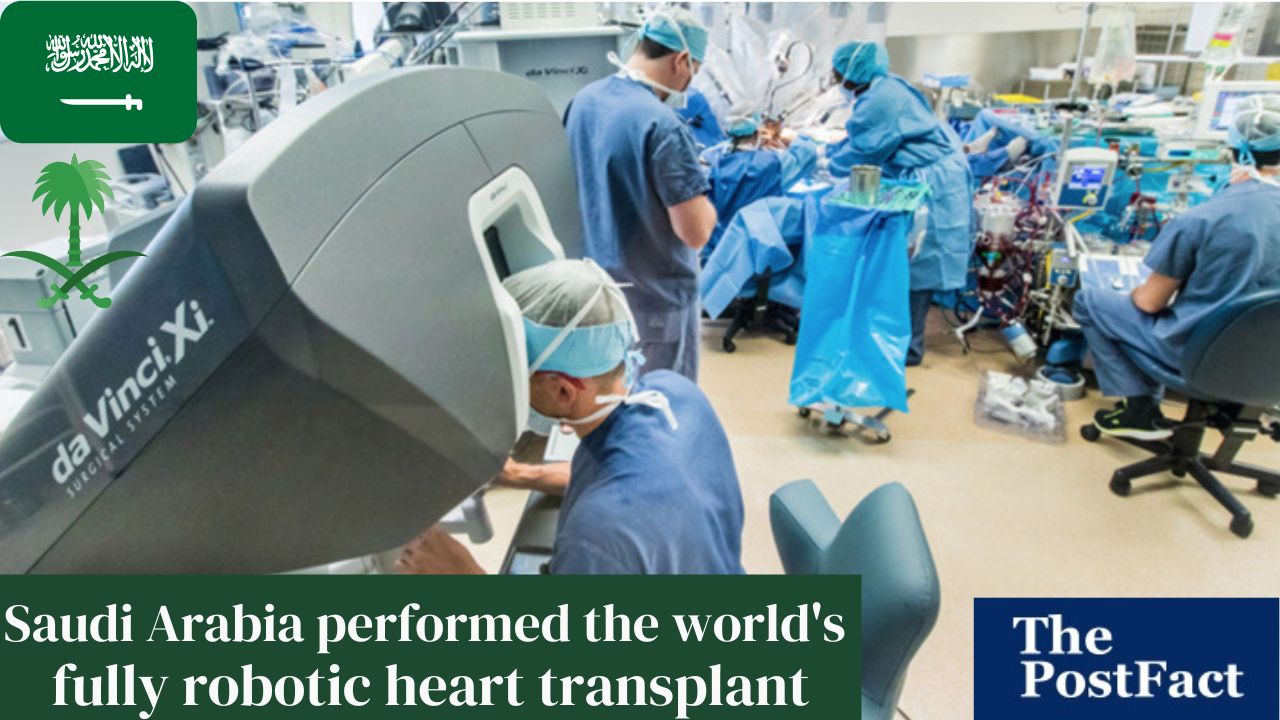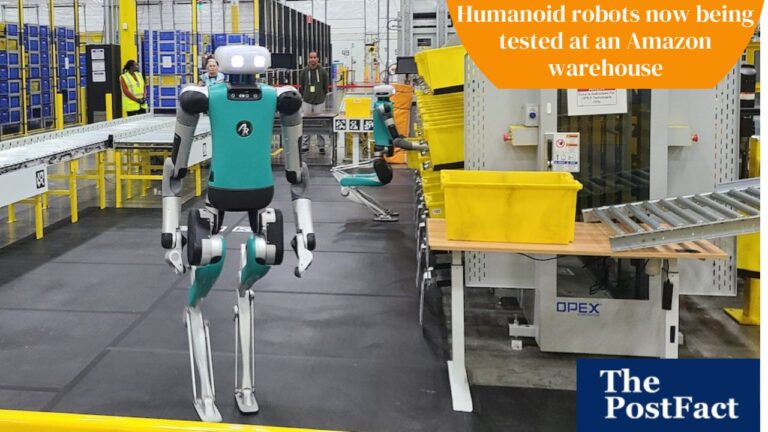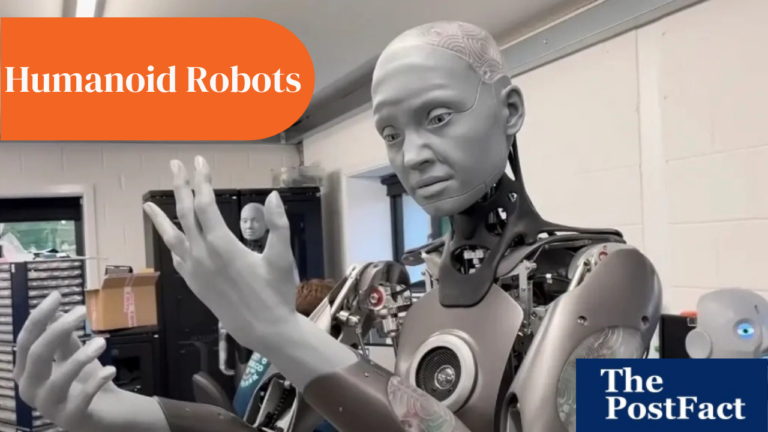Robotic Heart Transplant in Saudi Arabia
In what could be called a momentous achievement of robotic heart transplant in the field of medicine as a whole, Saudi Arabia carried out. This is said to have been done on a 16 year old individual and attests to the pioneering work done by King Faisal Specialist Hospital and Research Centre (KFSHRC) and the Saudi Kingdom’s consistent growth in the medical field. This also goes on to show Saudi Arabia’s capacity of coming up with new medical practices that could be beneficial for both the patients as well as the doctors.
The procedure
Doctors at the King Faisal Specialist Hospital and Research Center created a history when they carried out the world’s first fully robotic heart transplant in Saudi Arabia. As per the website Cardiovascular Business, the surgeons went for a less invasive approach and utilized robotic technology to reach and replace the heart without surgery. Reducing the chances of complications, this method gives quicker relief and allows for painless recovery.
The two-and-a half hours of surgery was an outcome after several weeks of strategizing by KFSHRC’s specialized unit. With that aim, he instilled in him the notion of a ‘transformative leap’ which he practiced with his squad in the realm of virtual reality. The cardiac surgeon, Dr Feras Khaliel was in charge of the successful practice , performing the surgery for the first time on his team seven times together over three days.
As well as increasing costs, the need to utilize operating rooms over a long period of time also has an impact on surgical trauma. Higher rates of complications are associated with longer surgical times, which can include blood clotting, viral infections, and in some cases, pneumonia. Moreover, robotic surgical and surgical procedures together are more efficient as the two drastically lower the rate of blood loss and in the process risk.
Nonetheless, some patients are not candidates for robotic surgery. For every case, this procedure must be checked by the doctors to evaluate whether it is safe or adverse, which entails strict scrutiny. In any case, KFSHRC staff keeps working on new technologies and their expansion both to increase the coverage area and to benefit mankind in general.
The medical team
RIYADH: Saudi Doctors’ team at King Faisal Specialist Hospital and Research Center (KFSHRC) have managed to achieve the remarkable feat in history as they embarked on a world’s first heart transplant that was done fully robistically. Sealing the surgery without having to cut open the chest of the patient, the KFSHRC reported that the 16-year old patient who suffered from end stage heart failure enjoyed the two and half surgery without any mishap. This was preceded by weeks of thorough planning and even practice, KFSHRC added.
Feras Khaliel is the name of a cardiac surgeon who is believed to have performed the surgery that had never been seen before and succeeded. Khaliel and his troops were able to successfully conduct the operation after practicing it seven times in three days as per the online publication known as the Cardiovascular Business.
In the operation that was highlighted to have swept the headlines last week, it is expected that it will take heart surgeries far from the traditional ways to completely different ones that would be more bearable for the patients. It also means that heart surgery can be done through smaller cuts, this way the expected complications after the surgery reduce while the outcomes of the surgery improve.
The Crown Prince’s commendation of the operation and the team members’ gratitude to him for praising their work was bittersweet. While most of the team seemed to appreciate the praise, they naturally remain frustrated at not having done enough to earn even greater praise. They also used the occasion to express their gratitude to the Crown Prince, especially in light of the fact that these kinds of generous acts encourage further expansion of new methods of treatment worldwide for the sake of patients’ good.
The patient
Dr. Khaliel said the operation lasted only 2 and a half hours, one of the key reasons being the close collaboration between various operating room teams and the surgeons’ undivided focus. This helps tremendously to lower the risk of errors and delays. It took five weeks before the operation itself because of the complexity and anticipated risks, followed by a series of Computer and siete simulations to hone in on precise maneuvers and timing.
One of the techniques the medical team focused on was robotic heart transplantation, which might have been a key technique that saved this 16-year old from end stage heart failure, who was, in the final moments of the procedure, able to instruct the team not to cut open his chest. Today he is up and ready to start his life again with less pain and reduced risk of complications such as bleeding.
According to an article on the Cardiovascular Business website, the surgeon was assisted by a robot in the risky parts of the operation. However, the surgical site inspection and the patient’s body position adjustment were critical phases that had to be carried out by the surgeon.
This technology improves the overall perspective of surgery especially cardiac surgery which correlates with the Saudi Arabia Vision 2030 strategy, as it seeks to enhance the standard of living in the Kingdom and worldwide through the implementation of healthcare initiatives. That strengthens the role of new and developing technologies in improving patient treatment results. KFSHRC, also a training center for robotic organ transplantation, aims to extend the horizons of medicine.
The hospital
The medical center released information regarding a 16-year old Saudi boy, who was on the last stage of heart failure. The boy has undergone a scalp who underwent a two and a half hour surgery after weeks of careful planning. As cited in the medical news portal Cardiovascular Business, the surgical team employed a robot-assisted method in the retrieval and replacement of the diseased heart without the need of thoracotomy. The team rehearsed the methods for three days over a total of seven exercises, supplemented by the use of virtual simulations to enhance the effectiveness of the surgery.
In recent times, the facility offering advanced laparoscopic surgeries, robotic surgery and robotic organ transplants has seen remarkable growth in terms of new surgeries performed using robotic instruments standing at over a hundred within the year. This is a clear sign that the hospital performs over a hundred robotic organ transplants within a year.
Surgeons seek to combine the advantages of less discomfort and pain for patients after the surgery with reduced chances of any complications arising during or after the surgery. With these techniques, patients are able to return to their normal day turning activities without waiting for weeks or even months as would be the case for traditional methods.
The majority of the staff are Saudi Arabians, out of around 450 doctors and 800 nurses. It is on the list of best hospitals in Asia and Middle East which has bases according to the 2024 ranking by news week which has ranked the hospital a few other times before. The facility is also a certified center of excellence for cardiovascular disease treatment.
On the contrary, there is a shortage of a healthcare manpower in Saudi Arabia which could weaken its effectiveness. Alswat et al (2020) conducted a study that noted that out of all the health workers in one of the hospitals in Riyadh, 56% reported no adverse events at all.





